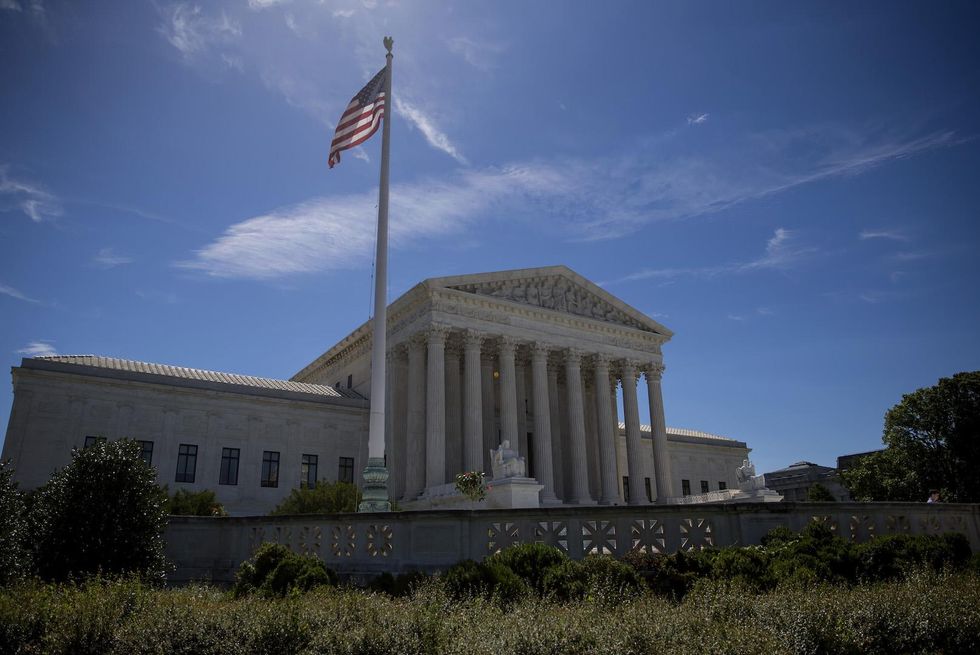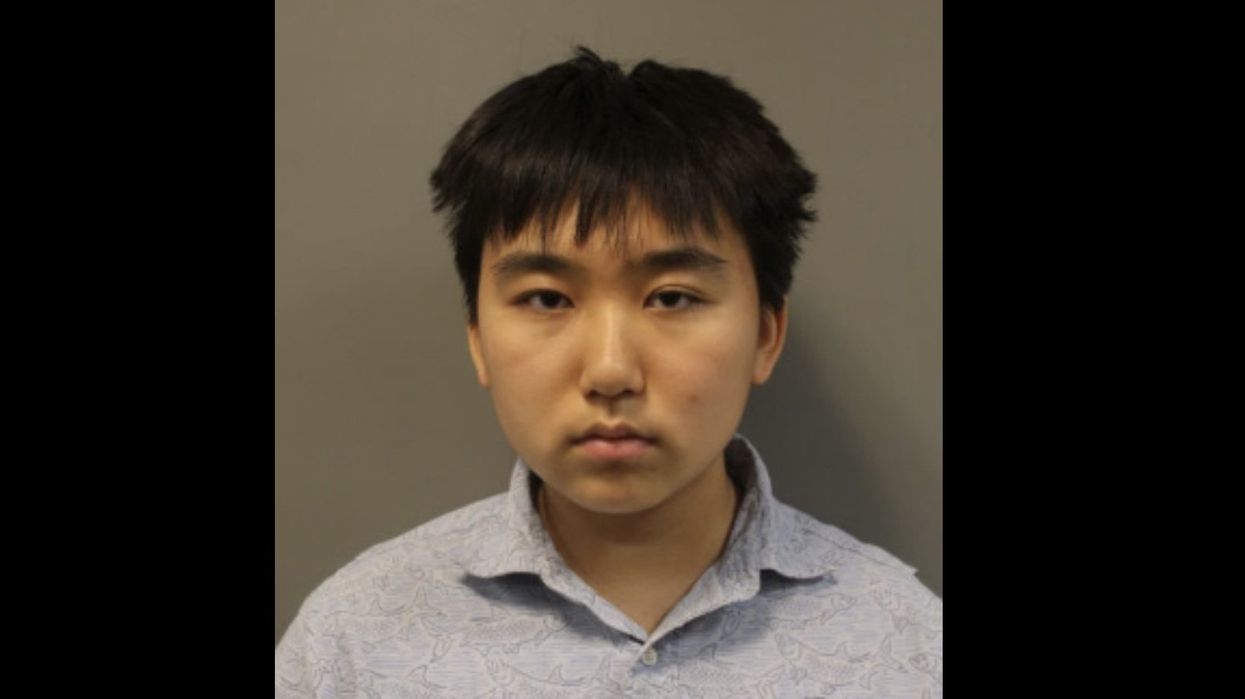In case you missed it, a federal judge ruled earlier this week that the Trump administration could not end the Deferred Action for Childhood Arrivals program that was instituted via executive fiat by his predecessor. Astonishingly, the judge — a George W. Bush appointee — ruled that not only could the Trump administration not deport current DACA recipients, but that they had to continue taking new applicants for the DACA program.
Set aside how you feel about the DACA program just for a minute. As it happens, I think it makes sense for DHS to de-prioritize enforcement with respect to children who were brought here illegally by their parents years ago and have kept their noses clean. I'd like to see Congress address this issue in a way that makes sense.
But the thing is, it's not my job to make those decisions. Nor, for that matter, is it the job of unelected federal judges, who are obviously allowing their clear distaste for President Donald Trump's policies to cloud their judgment and issue rulings that threaten bedrock principles of our constitutional democracy.
Think for just a moment about how the DACA program avoided a court challenge in the first place. When DHS announced the policy in June 2012, it specifically framed the program as an exercise of "prosecutorial discretion" in order to avoid a legal challenge on the grounds that the Obama administration was impermissibly stepping on Congress' policymaking toes. After all, the Constitution specifically grants to Congress the right to establish a "uniform Rule of Naturalization."
This framing was not merely a cosmetic one. The government's argument was very simply that the executive branch has some inherent leeway to determine their own priorities in terms of who will be prosecuted and who will not. DACA was never supposed to be a policy decision, it was supposed to be a decision about proper allocation of resources, which is likely what saved the program from being declared unconstitutional like the broader Deferred Action for Parents of Americans, or DAPA, program.
Logically, if the Department of Justice has the inherent discretion NOT to enforce the law with respect to a particular class of offenders, it must retain the discretion to subsequently resume enforcing the law with respect to that particular class of offenders. That's what the word "discretion" means — it means that a given person has the freedom to choose either way with respect to a given decision.
The three lower courts that have ruled against the Trump administration's decision to end DACA have turned the word "discretion" on its head. The Department of Justice, it turns out, does not have the actual freedom to decide whether or not to prosecute/deport these individuals, it only has the freedom to agree with what unelected federal judges have decided. That isn't "discretion" at all.
The courts' decisions in the DACA cases are not just wrong, they are dangerous. The entire principle that made DACA legal was that it fell within the inherent discretion of the executive branch and thus outside the purview of Congress.
Thus, it is of necessity subject to change when the occupant of the oval office changes. That is one of the things the American public votes for when it chooses a President. Presidential candidates often promise things that are are outside of their power to deliver, but a promise to enforce the laws in a particular way is directly within the wheelhouse of the president's inherent Article II power as the person who is responsible for seeing that the laws of this country are faithfully executed. And there is significant evidence that Trump's promises to enforce this country's immigration laws with more fervor than his predecessor contributed directly to his victory.
If DACA is legal at all, it is legal solely because it is within the president's discretion. Therefore, the only justification the president needs to offer a federal judge is, "because I want to." Presidents have done this with respect to a number of executive orders and policies, like the Mexico City policy, for years. No one has ever seriously disputed one president's right to undo his successor's executive orders and policies, until now.
You don't have to like President Trump's decision with respect to DACA to have a vested interest in defending his right to make it. If presidents are allowed to make executive policy that cannot be undone by their successors, then courts are essentially granting them the power to make actual permanent law by fiat.
The president's potential power as a lawmaker is extraordinary. The founders considered it unwise to vest the ability to make actual laws in the hands of a single person. As a nod to the modern realities of the administrative state, courts have allowed the executive branch to make more and more unilateral policy decisions, but an important check on that power has always been that a president's edicts can be undone by his successor.
If courts remove this check, they will have done much to dramatically increase the power of the presidency well beyond any concept envisioned by the founders. And of course, in their own characteristic arrogance, they will have retained for themselves a veto power over the whole process by sitting in judgment of the wisdom of the elected president's policy choices, as three judges have already done with respect to DACA.
In the meantime, Congress — the branch that should be responsible for making these decisions because they are most democratically responsive to the people (and the states) — will see their authority diminished yet again.
These important checks and balances, which are now being so casually tossed aside by our unelected masters in the judiciary, have served to protect this country from tyranny for over two centuries. We are about to see if we can continue to be free of tyranny without them, if the Supreme Court does not step in and put an end to this nonsense.




